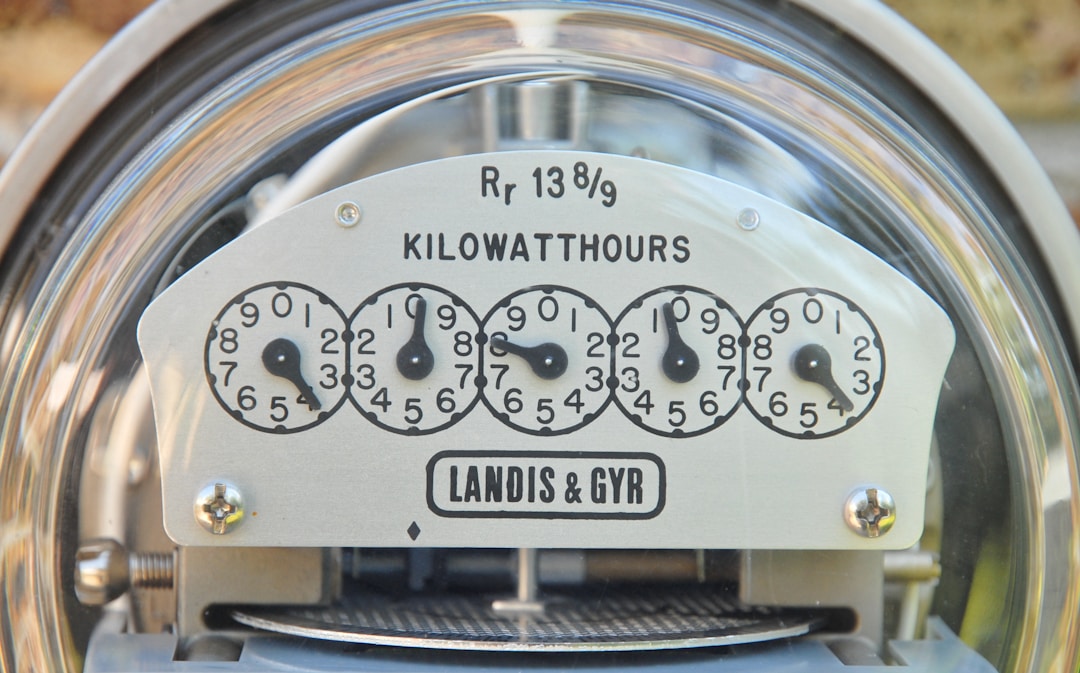Before taking the boat out on the lake or the car on a long road trip, you probably perform regular service to get the engine ready. You do this to ensure that your boat or vehicle will be safe and reliable throughout your trip. The rigors of being on the lake or road all day can take a toll on the engine, and you want to make sure that it can handle the stress. Regular service on your boat and car also ensures that they continue to run. As much time and energy as people invest in their car and boat engines, many don’t pay the same attention to their furnaces.
Your furnace is the workhorse of your home during the winter, combatting the harsh conditions outside to deliver warm, reliable air throughout your home. In many instances, your furnace works just as hard during the winter as your boat or car during a trip. While homeowners perform various maintenance tasks on their systems, changing air filters regularly to cutting back bushes from outside units isn’t enough. While these tasks are important for the health of your HVAC system, annual service from a trained technician is essential. Most experts recommend regular furnace maintenance every fall to address potential issues and tune-up equipment before the heating season begins.
Even though the furnace is an essential part of heating the home all winter, many homeowners neglect regular maintenance. As a result, many furnaces wear down over time and experience inefficiencies, premature equipment failure, or costly repairs and safety issues. Let’s take a look at why you should schedule a furnace tune-up every fall.
Furnace tune-ups can improve system efficiency.

From increased airflow to lower energy bills, there are several things that homeowners might notice after regular maintenance service. Annual furnace tune-ups can ensure that your heating system is running at maximum efficiency. Throughout the heating season, normal wear and tear can take a toll on your furnace. Depending on where you live, competing with outdoor temperatures could prove to be a huge strain on your equipment. As a result, minor issues such as leaks, small cracks, worn belts, and a buildup of dirt and dust can develop inside your equipment. Smaller issues like these don’t usually interrupt the operation of your furnace. However, they may cause it to work harder and expend more energy.
Similar to preparing for your boating trip or your long road trip, you’ll want to make sure that your furnace is ready for the winter months. Unresolved issues could lead to efficiency issues during the winter, such as airflow problems, inconsistent temperatures, and increased energy use. A furnace tune-up every fall will help address any issues to ensure your furnace operates at peak efficiency.
Regular furnace maintenance extends the life of your equipment.
/hot-water-heater-and-furnace-in-basement-86517326-580e190f5f9b58564c5b36bf.jpg)
The lifespan of the average furnace is around 20 years. Preventative maintenance and care, however, can extend the life of the unit by several years. Fall is the best time to get professional maintenance to address any problems and tune-up your equipment before the winter. Routine maintenance service allows a technician to clean the equipment of dirt, corrosion, and other substances that could threaten the system’s health. Additionally, an experienced technician will perform a tune-up and address any other problems that could bog the equipment down and place heavier strains on the system.
Annual service can reduce potential problems.

When homeowners neglect the need for annual service, they could open themselves up to major repairs or even premature equipment replacement. Preventative maintenance every fall will help to identify and address any minor issues before they become major concerns. Regular wear and tear can also lead to safety issues like fire hazards and carbon monoxide dangers. Annual maintenance will help catch these issues before they pose a threat to your home or health.
Furnace manufacturers strongly recommend that homeowners schedule annual tune-ups every fall to service the equipment. Following a regular maintenance schedule will allow you to prevent malfunctions and efficiency issues that could slow your system down or leave you out in the cold this winter.

